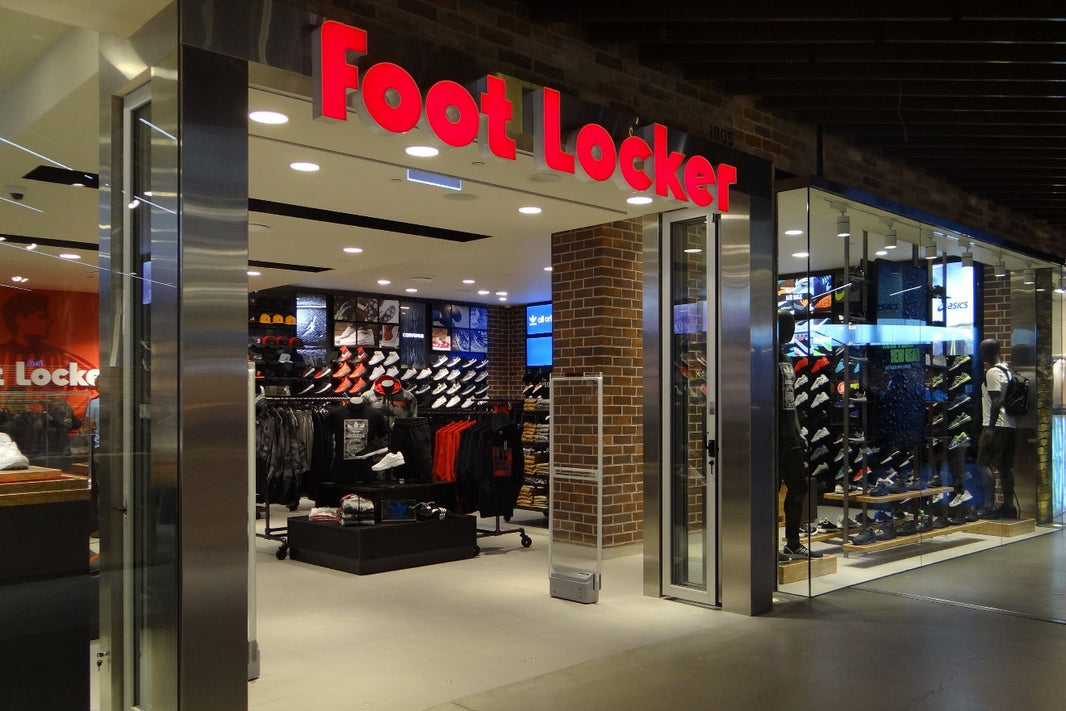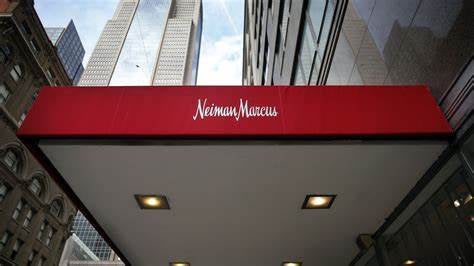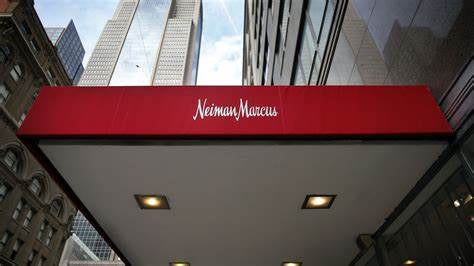QVC Group, a prominent name in video commerce, is grappling with significant financial hurdles but is forging ahead with an ambitious turnaround plan centered on social and streaming platforms. Despite a tough fourth quarter and a challenging fiscal year, the company is reinforcing its faith in CEO David Rawlinson by extending his contract and doubling down on innovative shopping strategies. This article explores QVC Group’s financial struggles, leadership decisions, and bold vision for the future.
Financial Performance: A Tough Year for QVC Group
QVC Group’s financial results paint a stark picture. In the fourth quarter, the company reported an operating loss of nearly $1.3 billion, with revenue declining 6% to $2.9 billion. The full 2024 fiscal year wasn’t much brighter, ending with a net loss of $1.3 billion and an operating loss of $809 million. Annual revenue dropped 8%, falling from $10.9 billion to $10 billion. The company pointed to several external factors for these declines, including competition for viewers from the Olympics and the presidential election, as well as a cautious consumer environment that curbed spending. These challenges highlight the uphill battle QVC faces in maintaining its foothold in the retail sector.
CEO Contract Extension: Confidence in Leadership
Despite the financial downturn, QVC Group is standing by its leader. The company recently announced an extension of CEO David Rawlinson’s term through the end of 2027, with an option to continue into 2028. Rawlinson’s compensation package is substantial, featuring a $2.25 million retention bonus, a $1.75 million base salary, and eligibility for annual cash bonuses and stock options, as detailed in a U.S. Securities and Exchange Commission filing. This move underscores QVC’s belief in Rawlinson’s ability to steer the company through its current challenges and execute a successful turnaround strategy.
Challenges Faced: Navigating a Stormy Landscape
Since taking the helm in 2021, Rawlinson has faced a series of formidable obstacles. A devastating fire at a North Carolina fulfillment center that year claimed an employee’s life and cost the company $500 million in revenue. In 2023, QVC implemented 400 corporate job cuts and sold off its Zulily brand. Today, the rise of cord-cutting—where consumers ditch traditional cable TV—poses a fresh threat to QVC’s video commerce model, which relies heavily on viewers tuning in to shop. The holiday quarter brought additional woes, with hurricanes and the presidential election cycle disrupting sales. Rawlinson noted during an earnings call that these events hit QVC harder than other retailers, given its dependence on live programming to drive purchases.
Turnaround Strategy: A Pivot to Social and Streaming
In November, QVC Group unveiled a three-part growth and turnaround strategy designed to adapt to evolving consumer habits:
- Live Shopping Anytime, Anywhere: This initiative aims to make QVC’s live shopping content accessible across multiple platforms and devices, breaking free from the confines of traditional TV broadcasts.
- Leading Live Social Shopping Content Engine: QVC is working to craft engaging, interactive content that encourages real-time purchases, likely by integrating with popular social media platforms to reach broader audiences.
- Leveraging Technology for Emerging Platforms: The company is embracing cutting-edge technology to connect with new platforms and younger, tech-savvy consumers, ensuring it remains competitive in a fast-changing retail world.
This strategy reflects QVC’s determination to pivot toward digital and social trends, positioning itself as a leader in the next wave of shopping experiences.
Optimism for the Future: Seizing New Opportunities
Despite the setbacks, Rawlinson remains upbeat about QVC’s prospects. In a statement tied to his contract extension, he acknowledged the difficulties but emphasized the potential in social and streaming shopping. “As shopping grows quickly on social and streaming platforms, we are well positioned to use our exceptional content creation and selling capabilities to capture market share,” he said. Rawlinson also expressed a belief that retail can remain “joyful and human,” hinting at a focus on creating enjoyable, personalized shopping experiences that resonate with customers. His optimism suggests that QVC sees these platforms as a lifeline to revitalize its brand and reclaim lost ground.
A Bold Bet on Innovation
QVC Group finds itself at a pivotal moment, wrestling with declining revenue and substantial losses while betting big on a future driven by social and streaming growth. By extending David Rawlinson’s leadership and investing in a forward-thinking strategy, the company is signaling its commitment to adapt and thrive in a shifting retail landscape. Challenges like cord-cutting and external disruptions remain significant, but QVC’s emphasis on innovative, technology-driven shopping experiences could pave the way for a successful turnaround. As the video commerce giant navigates this transition, its ability to capture market share in the booming social and streaming space will be critical to its long-term success.






